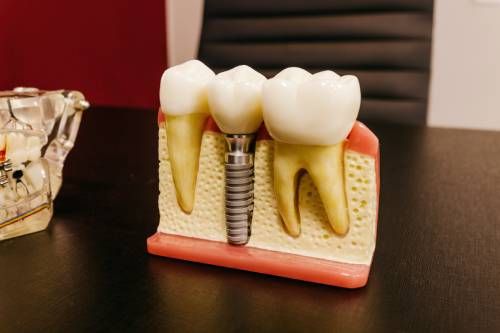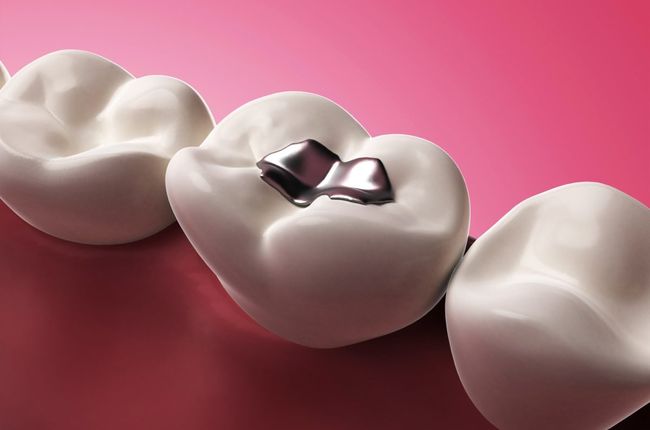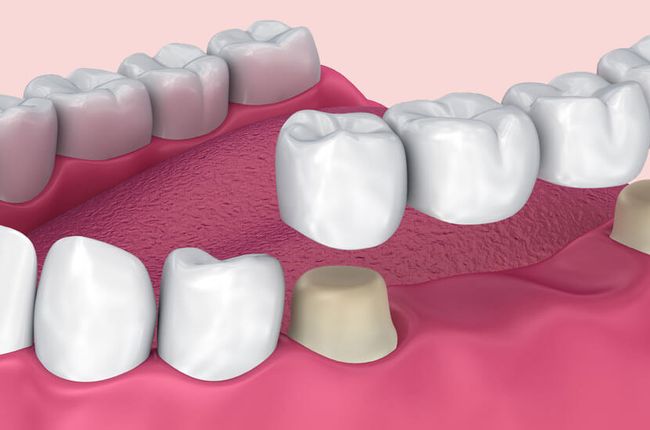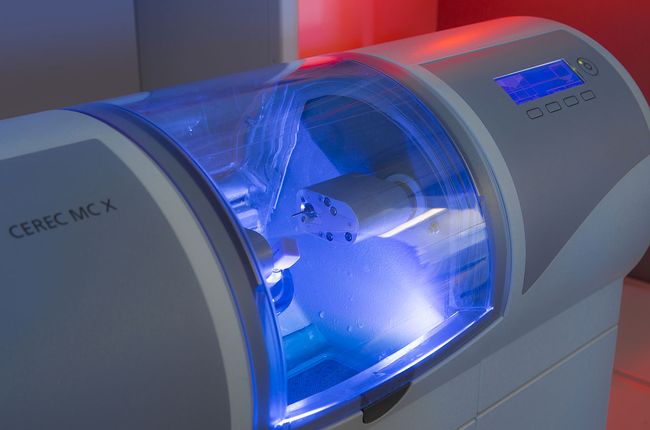When it comes to dental health, understanding the journey of your teeth can make all the difference. Have you ever wondered what happens after a root canal? Many patients are left with questions about their next steps and why dental crowns often come into play. After tackling an infection or damage deep within a tooth, it's crucial to restore both function and aesthetics. This is where dental crowns shine as essential components in your recovery process. Let's delve into how root canal therapy works, why crowns are necessary afterward, and what options you have for ensuring a healthy smile that lasts long beyond your treatment. If you're seeking information on dental implants in Redmond, OR, you'll find valuable insights here too!
Understanding Root Canal Therapy
Root canal therapy is a dental procedure designed to save teeth that have become severely decayed or infected. The process involves removing the damaged pulp from inside the tooth, which houses nerves and blood vessels.
Once the pulp is extracted, the interior of the tooth is thoroughly cleaned and disinfected. This step prevents any further infection from occurring. After cleaning, it's essential to fill the empty space with a biocompatible material to seal it properly.
Patients may experience discomfort during this treatment, but local anesthesia ensures that pain is minimal throughout. Following a root canal, many people feel immense relief as pressure diminishes and symptoms subside.
Understanding this procedure helps demystify what happens inside your mouth when faced with severe dental issues. It's not just about saving a tooth; it's also about preserving overall oral health for years to come.
The Purpose of Dental Crowns
Dental crowns serve a crucial role in restorative dentistry. They provide strength and support to teeth that have been compromised due to decay, trauma, or extensive dental work.
Think of them as protective caps that cover the entire tooth surface. This not only enhances its appearance but also restores its functionality.
Crowns are particularly important after procedures like root canal therapy. The treated tooth often becomes weak and more susceptible to fractures without sufficient protection. A crown reinforces it, allowing you to bite and chew with confidence once again.
Additionally, dental crowns can improve your smile by covering unsightly imperfections. Whether you're dealing with discoloration or irregular shape, they can create a seamless look while maintaining oral health integrity.
With various materials available—ceramic, porcelain-fused-to-metal, and gold—you can choose one that best fits your needs for durability and aesthetics. Contact us to learn more.
How Root Canal Therapy Affects the Tooth
Root canal therapy is a vital procedure designed to save damaged or infected teeth. During this treatment, the dentist removes the inflamed or infected pulp from inside the tooth. This process not only alleviates pain but also prevents further infection.
Once the pulp is extracted, the empty space must be cleaned and sealed to protect it. While this helps maintain functionality, it can weaken the tooth structure significantly.
A tooth that has undergone root canal therapy often becomes more brittle over time due to loss of its inner support system. As a result, everyday activities like chewing can put stress on these already compromised teeth.
Without proper protection, there's an increased risk of cracks or fractures forming in such teeth. This makes restoration efforts essential for maintaining oral health and ensuring longevity in dental function.
Reasons for Needing a Dental Crown After Root Canal Therapy
After undergoing root canal therapy, your tooth may weaken significantly. The removal of infected pulp leaves it more vulnerable to fractures.
- Dental crowns act as protective caps. They cover the entire tooth, offering strength and stability that a treated tooth desperately needs.
- Another reason for needing a crown is aesthetics. Root canals can discolor teeth over time. A dental crown can restore natural appearance and blend seamlessly with surrounding teeth.
- Moreover, some patients experience sensitivity after the procedure. Crowns alleviate discomfort by providing an insulated barrier against temperature changes.
- In addition to these factors, maintaining oral hygiene becomes essential post-treatment. Crowns simplify cleaning while ensuring lasting protection from future decay or damage to the affected area.
Benefits of Dental Crowns in This Situation
- Dental crowns offer significant advantages following root canal therapy. They act as a protective barrier, shielding the treated tooth from further damage. This is crucial because a tooth that has undergone such treatment can become brittle and susceptible to fractures.
- Additionally, crowns restore functionality. After a root canal, it's essential to regain normal biting and chewing capabilities. A crown allows patients to eat comfortably without fear of harming their repaired tooth.
- Aesthetic enhancement is another benefit. Crowns can be custom-made to match the color and shape of surrounding teeth, ensuring a natural appearance in your smile.
- Moreover, dental crowns contribute to long-term oral health by preventing decay in the remaining structure of the tooth. This proactive approach helps maintain overall dental hygiene and reduces future issues down the line.
Types of Dental Crowns Available
When it comes to dental crowns, you have several options to consider based on your needs and preferences.
- Porcelain crowns are a popular choice because they blend seamlessly with natural teeth. Their aesthetic appeal makes them ideal for front teeth restorations.
- Metal crowns, often made from gold or other alloys, are known for their durability. They withstand significant biting forces and are perfect for molars where strength is essential.
- For those seeking a balance between aesthetics and strength, porcelain-fused-to-metal crowns offer the best of both worlds. These provide the look of porcelain while benefiting from the robust support of metal.
- Resin crowns present an economical option but may not be as durable as other materials. They're typically used as temporary solutions until more permanent choices can be made.
Each type has its benefits tailored to individual circumstances, making it important to discuss your options with your dentist before proceeding.
Aftercare and Maintenance Tips
After your root canal therapy and crown placement, proper aftercare is essential for maintaining dental health. Start by following your dentist's instructions on oral hygiene practices.
- Brush gently around the crowned area to avoid any irritation while still effectively removing plaque. A soft-bristled toothbrush is ideal for this purpose.
- Floss daily to keep food particles from getting trapped between teeth and under the crown. Be cautious not to dislodge it during flossing.
- Regular check-ups are key in monitoring your crown's condition. This allows any potential issues to be addressed early.
- Limit hard or sticky foods that could damage the crown or surrounding teeth, especially in the initial weeks post-treatment.
Stay hydrated and consider rinsing with an antibacterial mouthwash for added protection against bacteria buildup. Remember, consistent care will help ensure your smile stays healthy longer.
Conclusion
Dental crowns play a vital role in restoring teeth after root canal therapy. They provide strength and protection to compromised teeth, ensuring they function well for years to come. The need for a dental crown arises from the changes that occur during root canal treatment, where the tooth loses its structure and integrity.
Choosing the right type of dental crown is essential, as various materials are available to suit different needs and preferences. Proper aftercare will help maintain your dental crowns' longevity while ensuring overall oral health.
If you're considering options like dental implants in Redmond, OR, consult with your dentist about the best solutions tailored to your situation. Keeping these aspects in mind can lead you toward optimal oral health and a confident smile for many years ahead.














